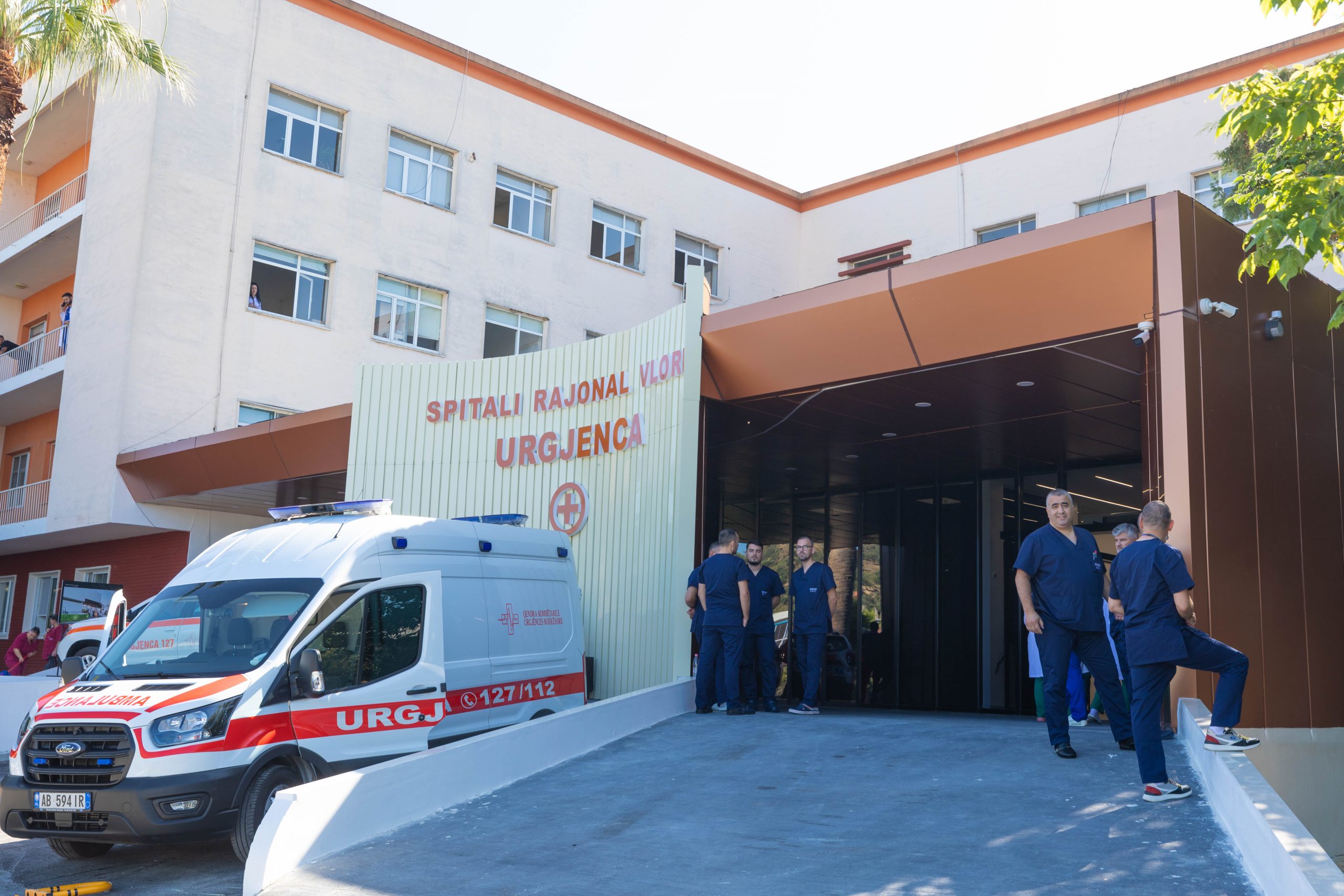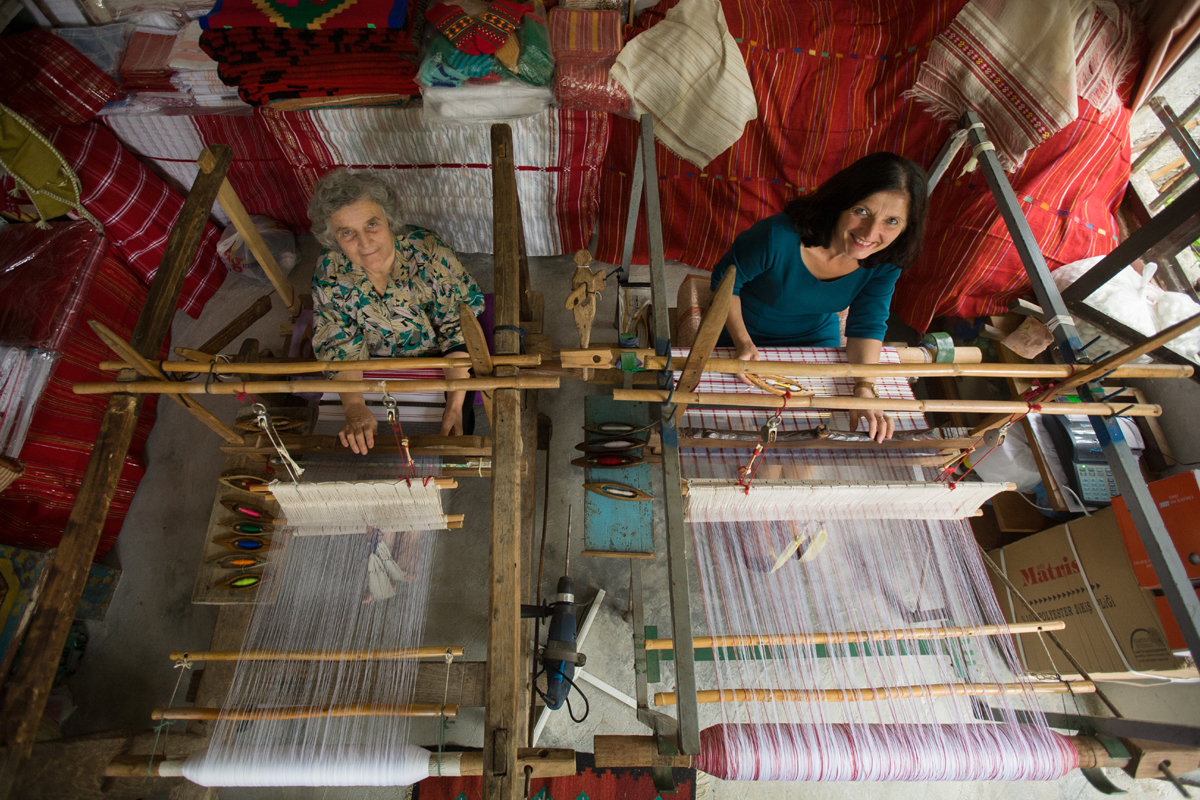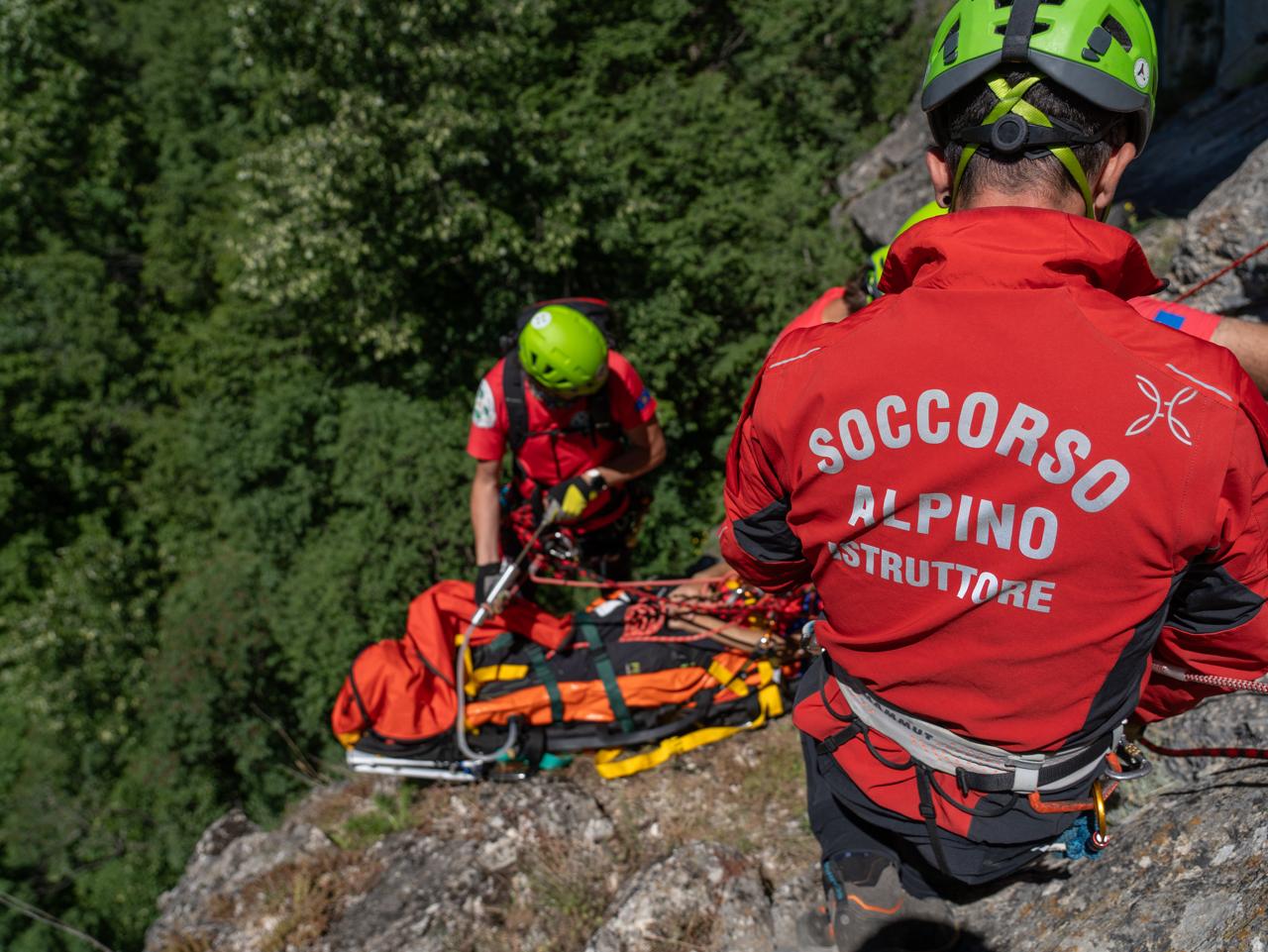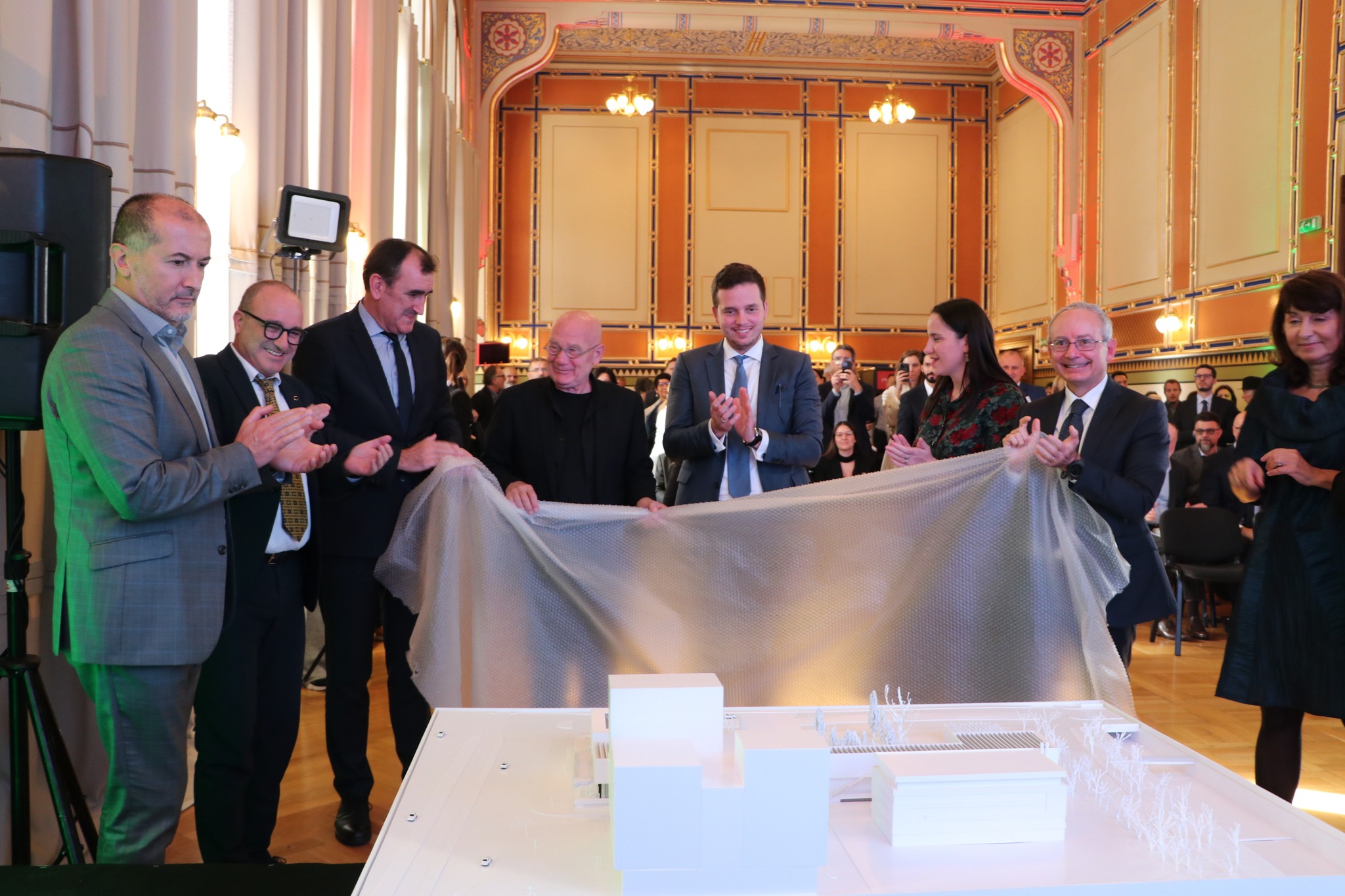The Italian commitment for the Western Balkans
The Italian Agency for Development Cooperation’s commitment in the Western Balkans is part of the wider European support for the integration to the EU, known as the Berlin Process launched in 2014.
In 2018, EU publications “A credible enlargement perspective and enhanced EU engagement for Western Balkans” and “EU-Western Balkans six flagship initiatives” established six priorities and main areas
of intervention:
1) Rule of law,
2) Security policies and migration management,
3) Social and economic development,
4) Connectivity for better transport and energy distribution,
5) Digital Agenda for better digital services,
6) Reconciliation and good neighborhood relations.
Moreover, in 2021, as a result of the Brdo Summit, a Green Agenda has been adopted, with a detailed action plan focused on reducing pollution and green house gas emissions, managing an energy transition, putting in place a circular economy, supporting the protection of biodiversity and advancing sustainable farming and food production.
The accession process is ongoing. Italian Development projects, funded by the Italian Government and the European Union as well, designed and implemented in close coordination with local Governments, are regularly improving the quality of life of local communities, sharing legislative and economic European standards and boosting the reforms agenda of the Western Balkans Countries.
The Italian Agency for Development Cooperation started its activities as governmental Agency in January 2016, following the approval of the Italian law 125/2014. Its current portfolio is in line with the Italian presence and partnership in the Western Balkans. The first development project was the so-called “Pelican Operation” (Operazione Pellicano) aimed at overcoming the humanitarian emergency caused by the fall of the communist regime in Albania. This Operation was conceived and managed by the Directorate General for Development Cooperation of the Italian Ministry of Foreign Affairs.
Emergencies, from lack of food and institutional vacuum to refugees’ protection and fight against poverty, were the main issues tackled throughout the nineties.
Operation Pelican (1991-1993) and, to mention a second pivotal cooperation initiative, the International “Operation Alba” (1997), funded and implemented by the Italian Government after the collapse of the financial infrastructures in Albania, were successful. New cooperation challenges began.
In 2002 the first stone of the new bridge of Mostar in Bosnia & Herzegovina was laid down by the President of the Republic of Italy, Carlo Azeglio Ciampi. The old bridge was shot down during the war. The new bridge was inaugurated in 2004. Italy was one of the main donors in that extraordinarily meaningful effort provided by the International community, a symbolic turning point for the whole European continent. New infrastructures, from roads to water and energy distribution, were planned and built. During this period, the Italian focus on human rights, civil protection, fight against poverty and improvement of the communities’ quality of life never stopped. New schools and hospitals were built, services for persons with disabilities were created, new enterprises were supported.
Even if critical issues remained, the way towards the European Union was open.




